Blog
3 Indonesian Sacred Customs That Might Shock You
31 July 2019
Indonesia is known as the most densely populated Muslim country of the world, although here are combined seven religions at once and even more various belief systems. Hinduism, for example, is most widespread in Bali. There are areas where Christianity is professed, and in absolutely small isolated regions, there are tribal groups that live under the internal ancient laws and traditions that we will tell below.
Indonesia has an incredibly rich cultural heritage which locals treat with special awe. Indonesians are highly spiritual, religious, and very strict about their beliefs and traditions. Generally, these customs and lifestyle shock the modern European, but the way they cherish the traditions admires.
We will tell you about three popular sacred ceremonies, that might terrify you, but are standard for Indonesian people. Now during your trip, you will not be as surprised!
Funeral in Tana Toraja: the walking dead and bulls fight
Perhaps, let’s start with the fact that a funeral in Indonesia is usually held very loudly and without grief or tears due to the belief that the soul of the dead person passes into a better world. But before that, relatives need to hold a severe ceremony Rambu Solok that lasts several days. It will not be valid if we say that it’s an anti-mourning event - No. It is instead the last opportunity to express incredible respect and to confess their love to those who left, but knowing that now they will feel much better.
Tana Toraja is a district on the Sulawesi island where surprising burial traditions have remained. It is inhabited by ethnic group ‚toraja’, which profess animism — belief that all beings, including non-living objects or the phenomenon, have a spiritual essence.
Usually, the funeral does not happen straight away after the death of one of the Toraja — the family needs some time to raise funds; everything has to be expensive, magnificent, and bright. At this time, a dead person can be under the same roof with relatives for weeks, months, and sometimes even years. Before the funeral, they are always treated as sick ones who suffer from some disease.
One of the most important ceremonies of a funeral in Tana Toraja is a sacrifice.
The bull is considered to be a vehicle to an afterlife, but at the same time is a symbol of prosperity of the dead. If financial resources allow, the Mapasilaga Tedong ritual is held where two bulls battle in a duel where it is not essential to win because it’s necessary to sacrifice as much as possible animals. They believe that the more blood is spilled, the way to paradise will be more comfortable. After that, the meat of bulls or pigs is given to guests who came to a funeral.
All locals are buried in caves in the rock together with the wooden figure of Tau-tau, which symbolizes them, except for babies, who are buried in trunks of trees in Tana Toraja.
Every three years after burial, usually, in August, the second funeral called Ma’Nene is held. It is, perhaps, the most known and the terrifying ritual for the civilized person — the walking dead. The family digs out a mummy of their relative, changes clothes, tidies them up, walks with them the streets, or sits at home.
With this ritual, they express respect to those who left, take care of their afterlife comfort, and honor a memory. How frightening would it sound, this second funeral is the way to reunite with the family members who passed.
Balinese ritual called Ngaben
Ngaben — is a Hindu ancient cremation ritual in Bali, which is also called Pitra Yadyna. This custom-like every part of Indonesian culture is held with no sorrow. It is said that the passed ones shouldn't see the relatives' tears or grief, so the atmosphere there is mostly cheerful. Of course, if we can call it that.
Preparation for this ceremony and earlier mentioned ones can last long after the dead body is left in the separate room or the temple (usually in each house, there is a family temple) where everyone brings food and other various gifts. The cremation ritual for the Balinese is equal to a holiday; therefore, it often starts in youth.
Ngaben — is a form of expressing respect of the relatives and other to the one who rested in peace. For Balinese people, it’s a glittering ceremony of passing to a better world of light and joy.
Ancient Ikipalin ritual
Ikipalin is an ancient ritual of the Dani tribe, who live deep in the highlands of the Western New Guinea. A ceremony of amputating fingers follows the loss of the loved ones here. Usually, it is held only by women, but even anthropologists don’t know the reason yet. They believe that physical pain is an essential part of the expression of an emotional condition of sorrow and that Dani’s fingers symbolize harmony, unification, and force. It is also possible that the ritual is held to calm evil spirits if the dead, which is an emotionally strong personality.
Honestly, these ceremonies can be terrifying, shocking, or weird to a modern person, but it’s a lot to learn from Indonesians. They help us realize that nothing lasts forever, and we can handle loss a little bit easier.

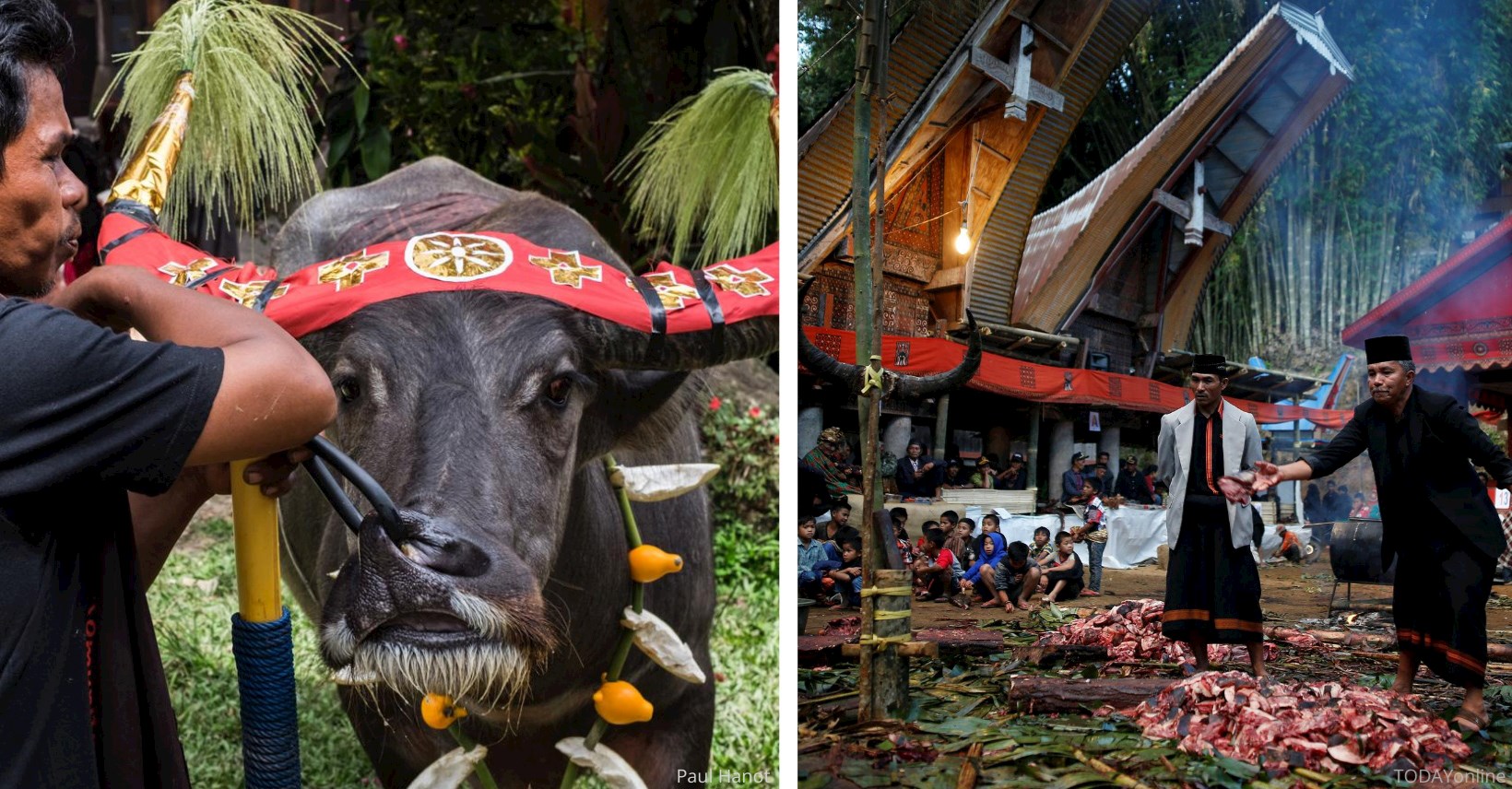
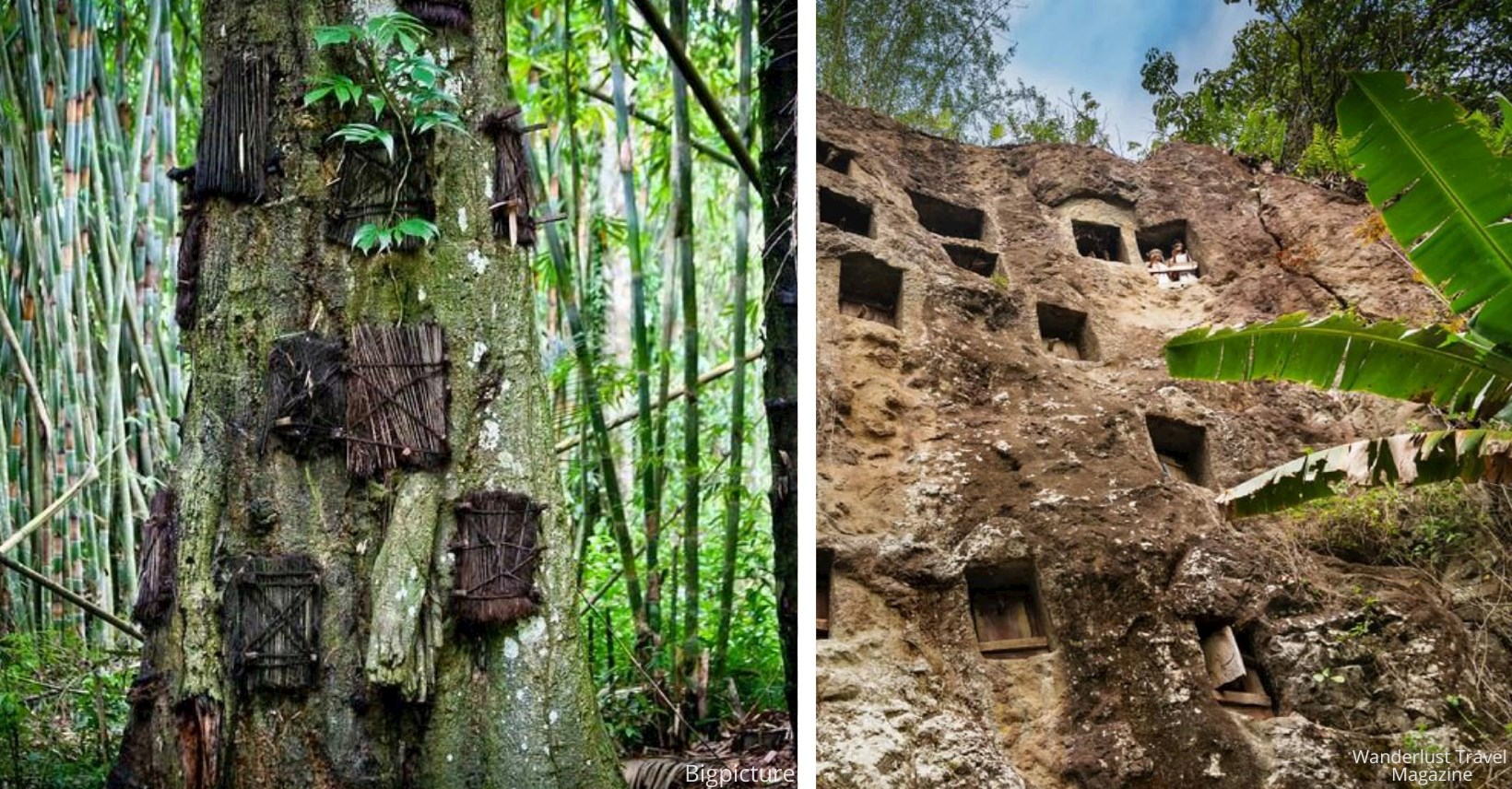
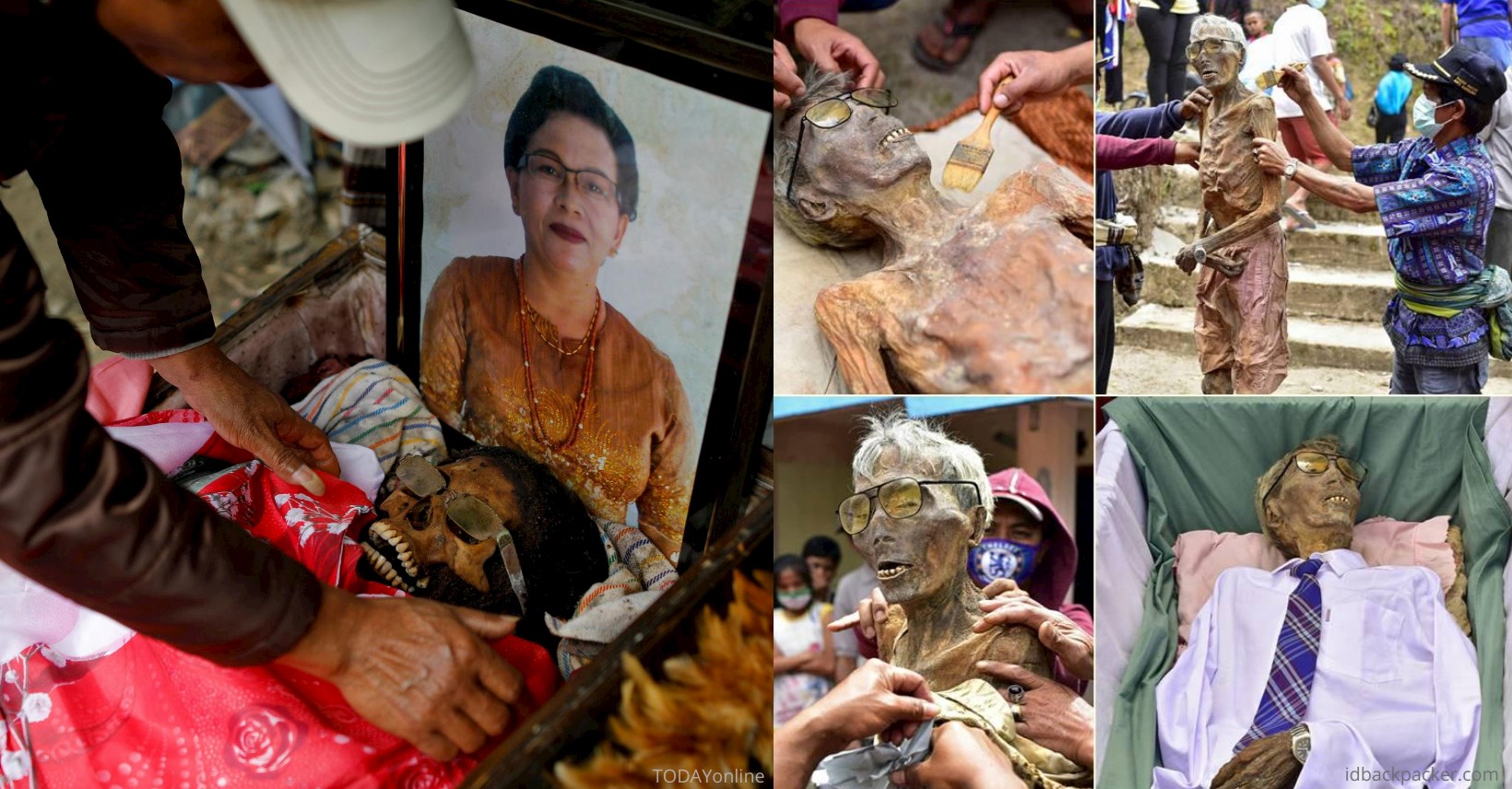
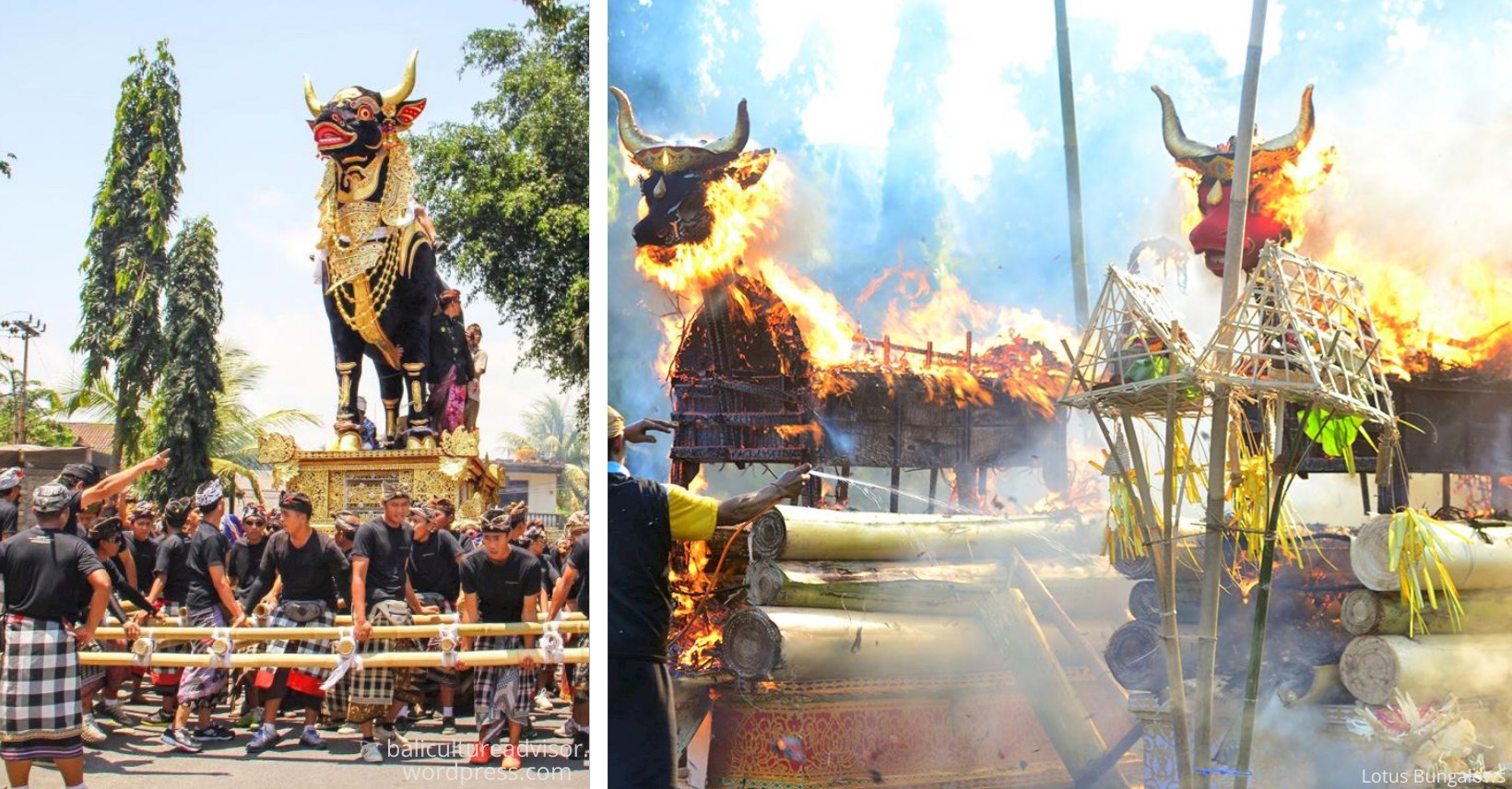
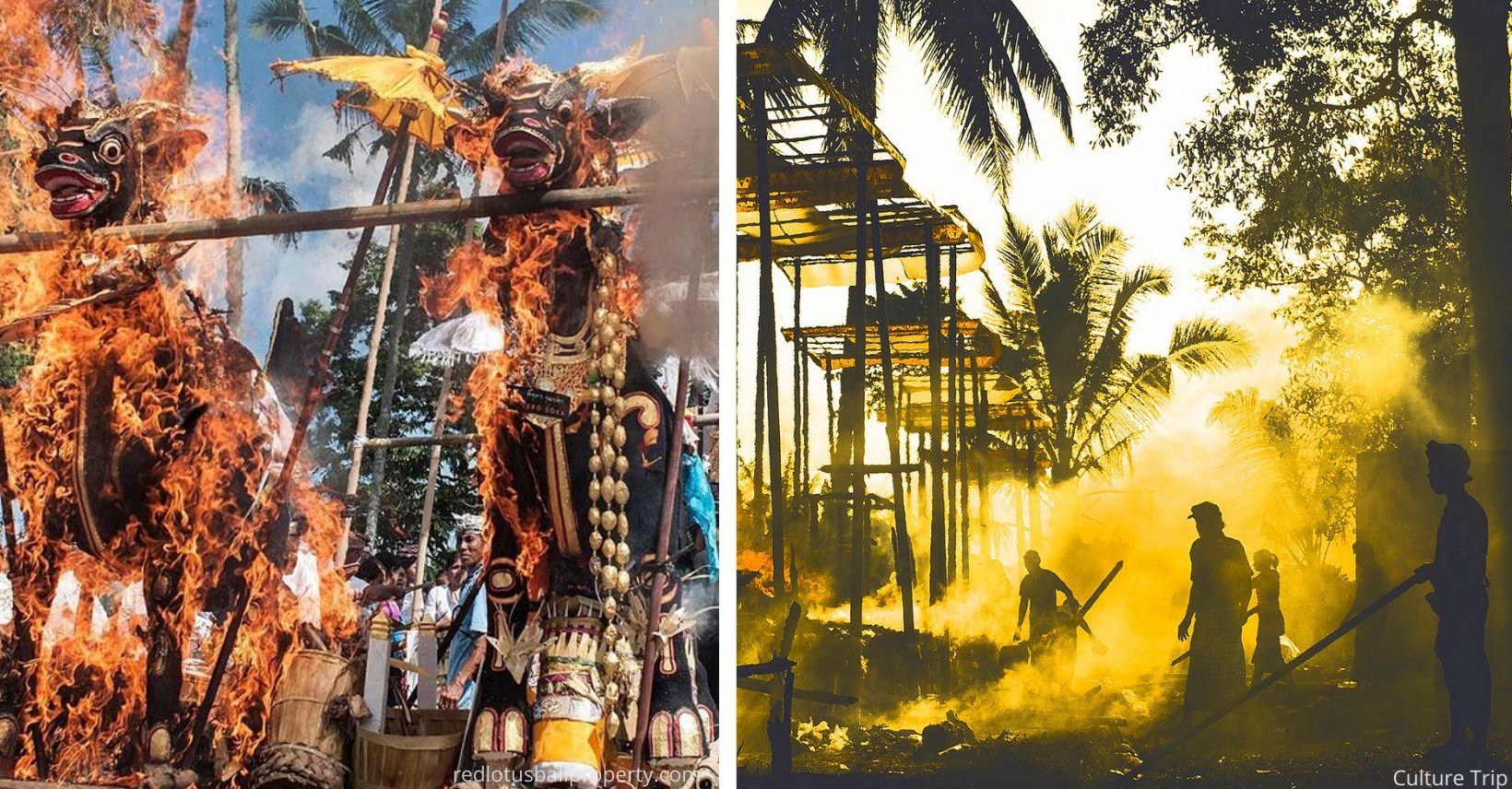
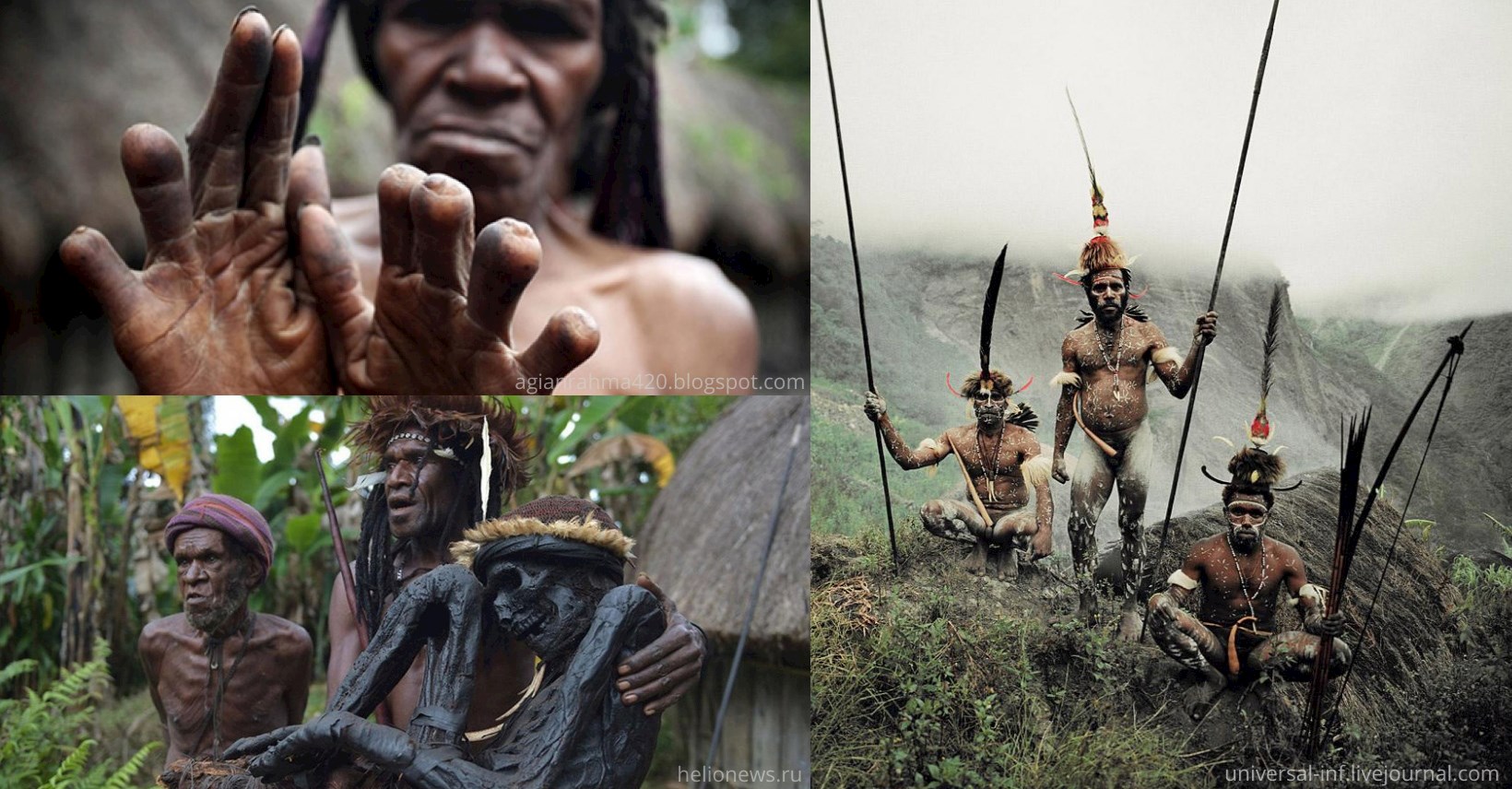

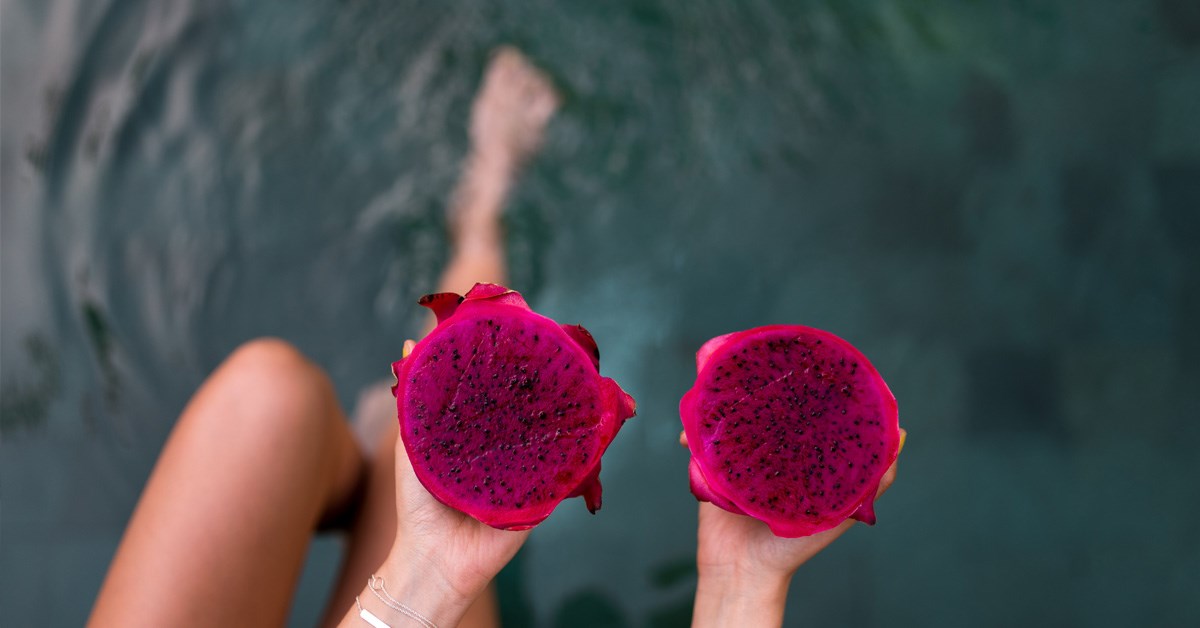

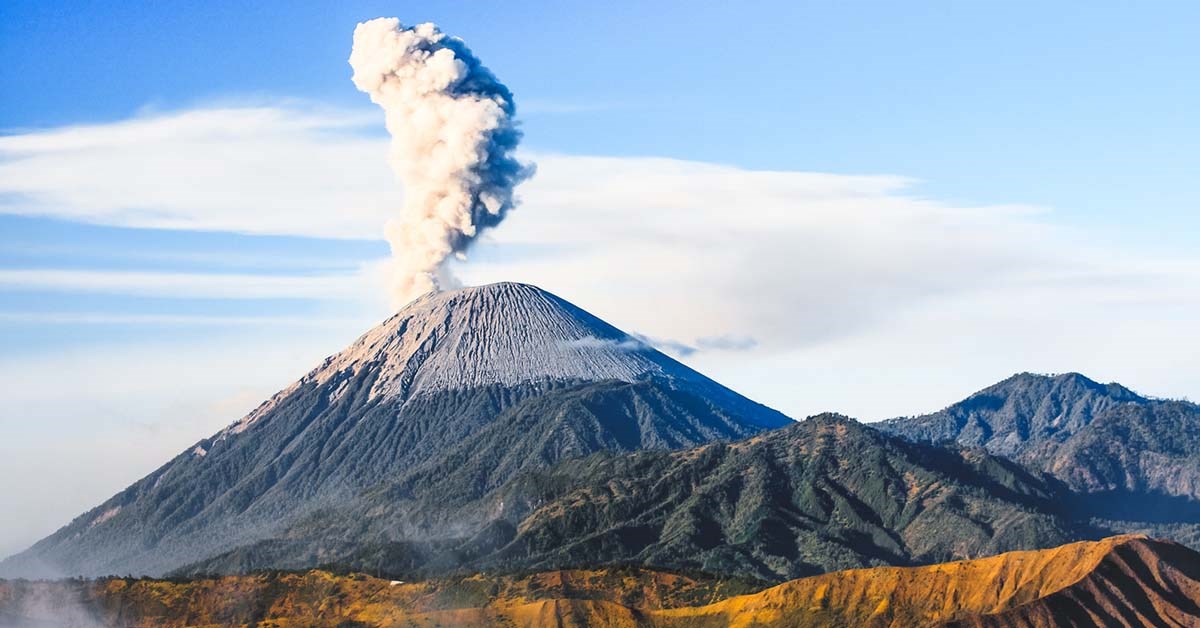


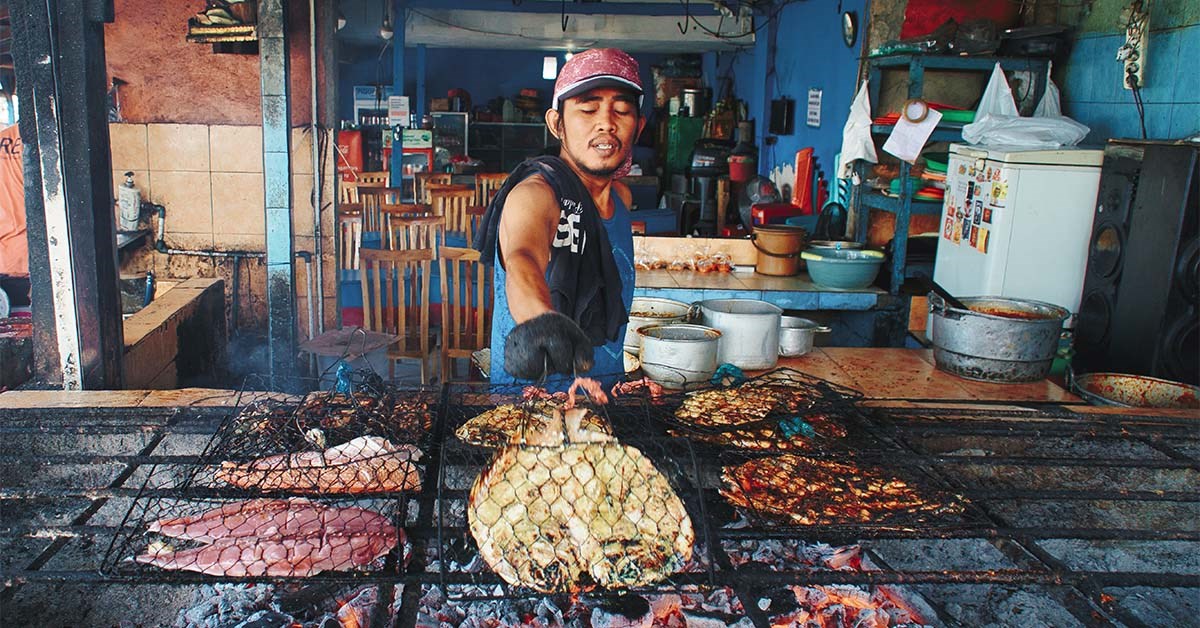
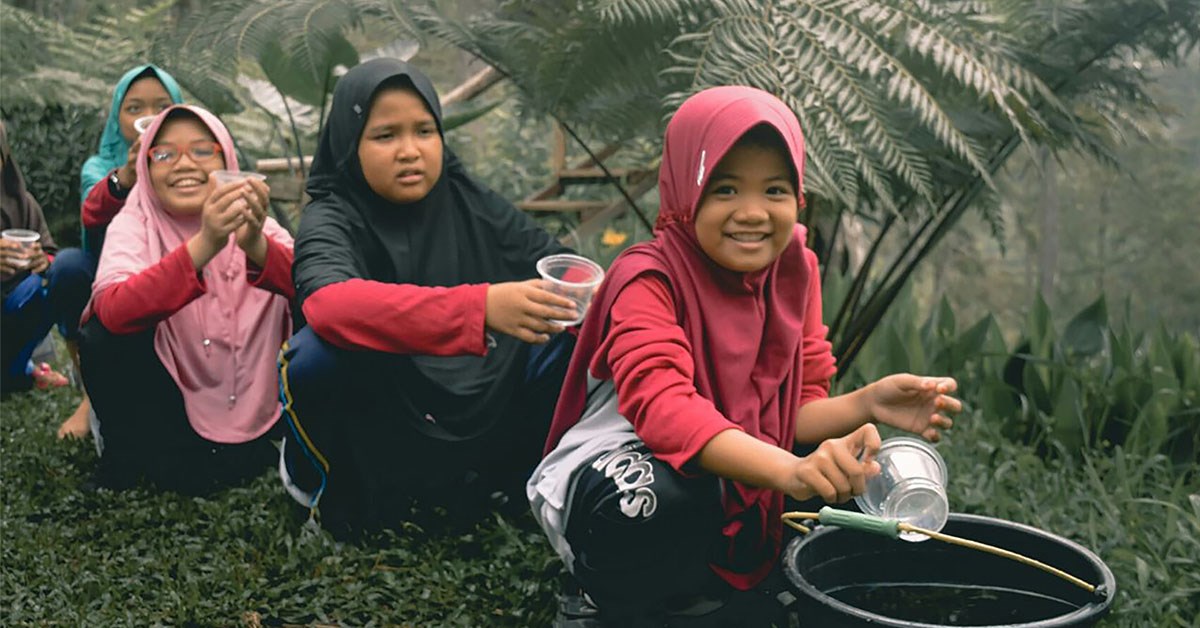
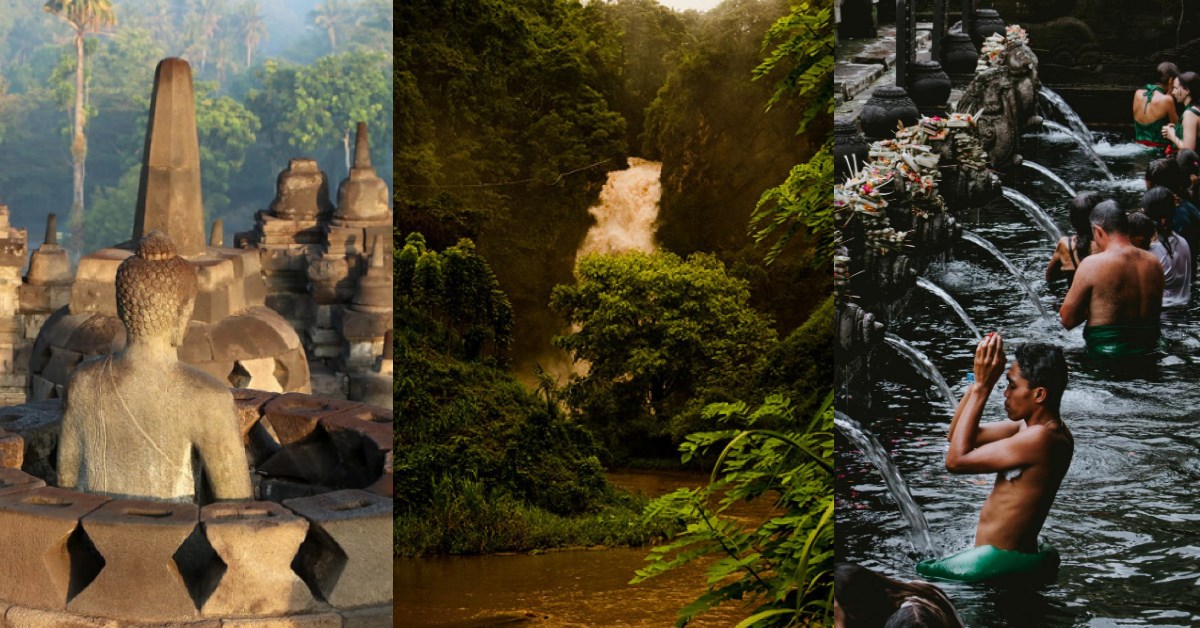
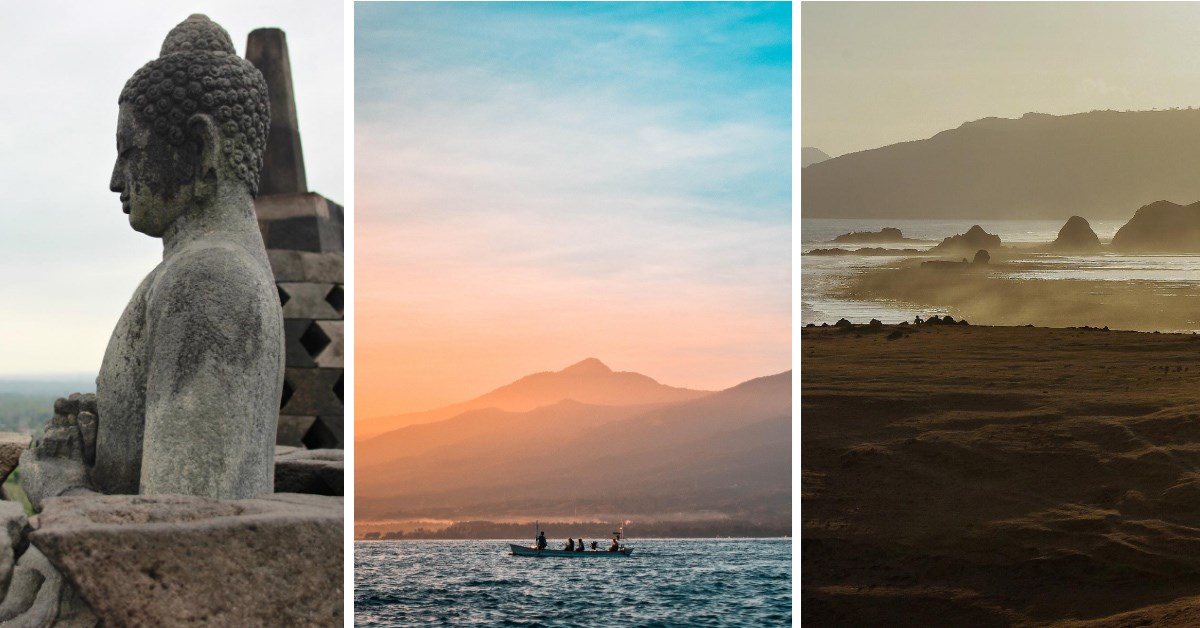
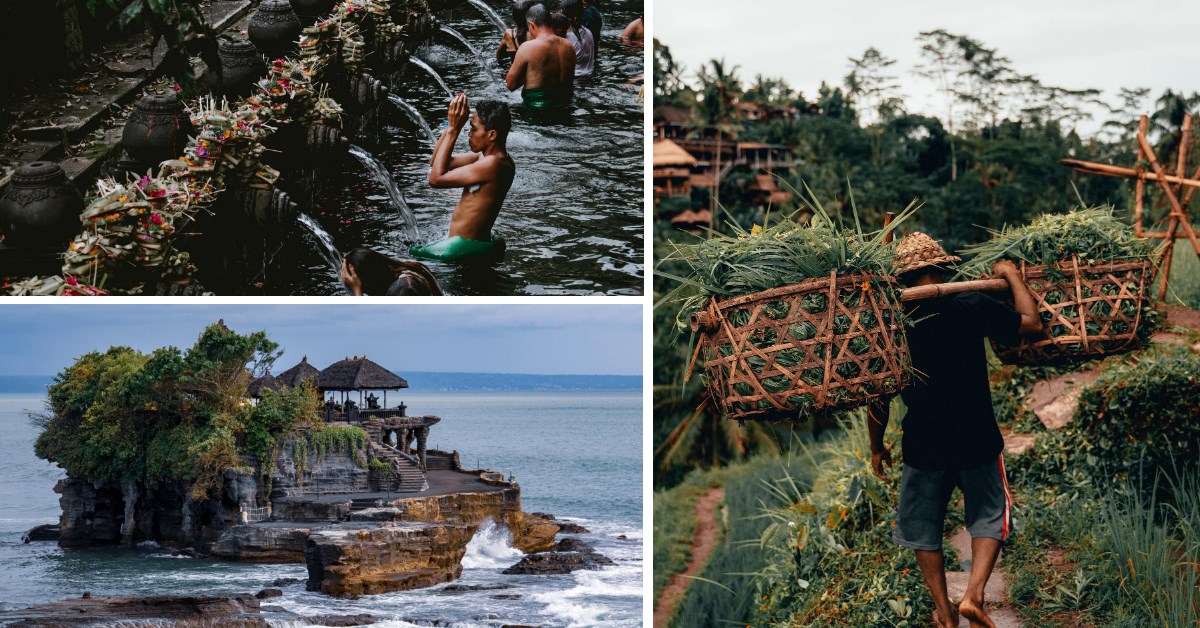
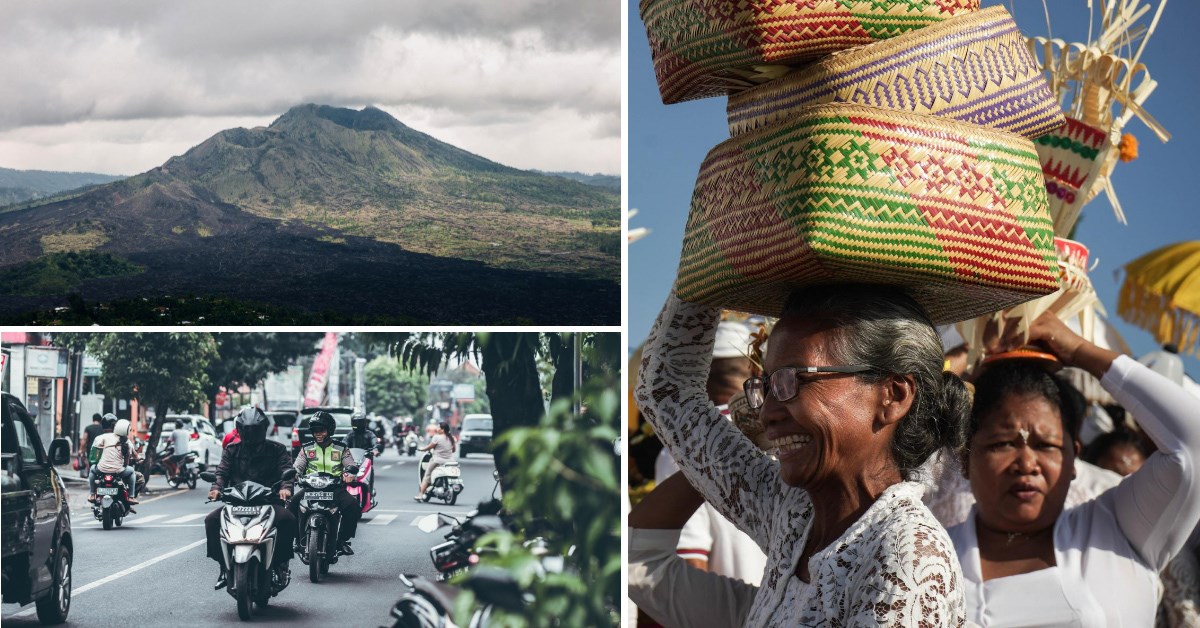



Be the first to leave a review